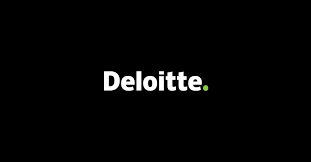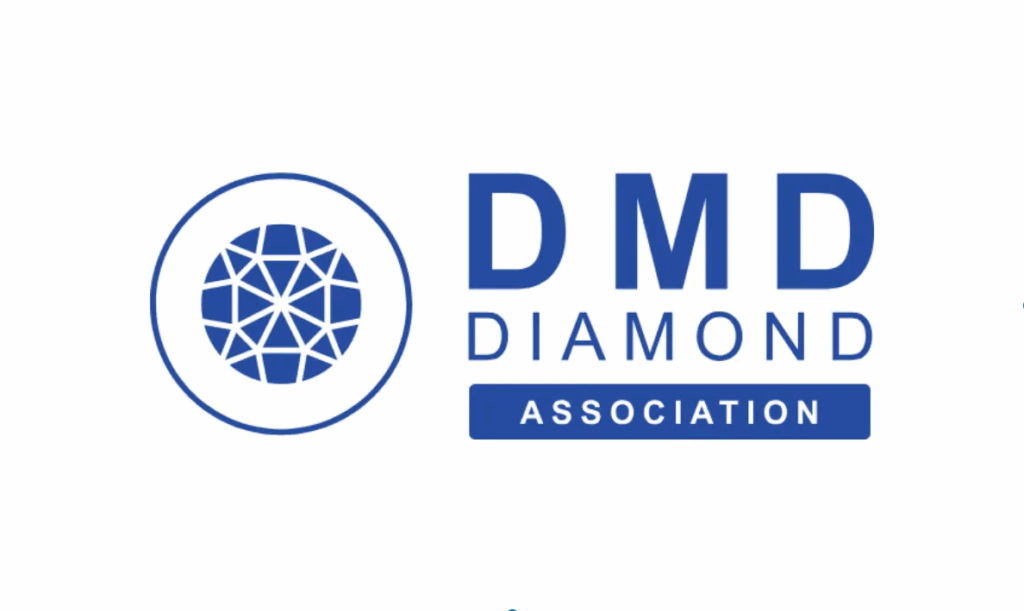On May 4, Polkadot announced that Deloitte, a leading global accounting firm, had partnered with KILT Protocol on the Polkadot ecosystem.
The move will enable the firm to improve its digital identification protocols with cutting-edge technology for digital identities.
Deloitte will leverage KILT’s reusable digital identity credentials to support its KYC (know your customer) processes, which are vital in protecting financial institutions against fraud, corruption, money laundering, and terrorist financing.
KILT Protocol runs as a parachain on Polkadot and vastly improves upon current KYC inefficiencies, which can put consumer data at risk.
KILT provides reusable credentials that are stored in customer wallets and remain under their control. The individual can then choose who they share their personal details with.
Deloitte will provide a browser extension to help customers manage their credentials. Deloitte will also digitally sign the credentials and can revoke them using the blockchain if customer conditions change.
According to Micha Bitterli, head of Deloitte Managed Services, “By offering reusable digital credentials anchored on the KILT blockchain, Deloitte is transforming verification processes for individuals and entities.”
Ingo Rübe, founder of the KILT Protocol, added that “as a Polkadot parachain, KILT offers the scale and security needed by enterprise partners.”
Decentralized identifiers (DIDs) can also be used for DeFi compliance, e-commerce, gaming, and new digital marketplaces. The move is a significant development for KILT and the wider Polkadot ecosystem.
The platform’s native token of the same name, KILT, saw a 41% increase in price on the news. However, the token remains down 95% from its December 2021 all-time high of $9.80. Meanwhile, Polkadot’s native DOT token remained flat on the day.



